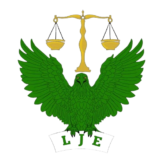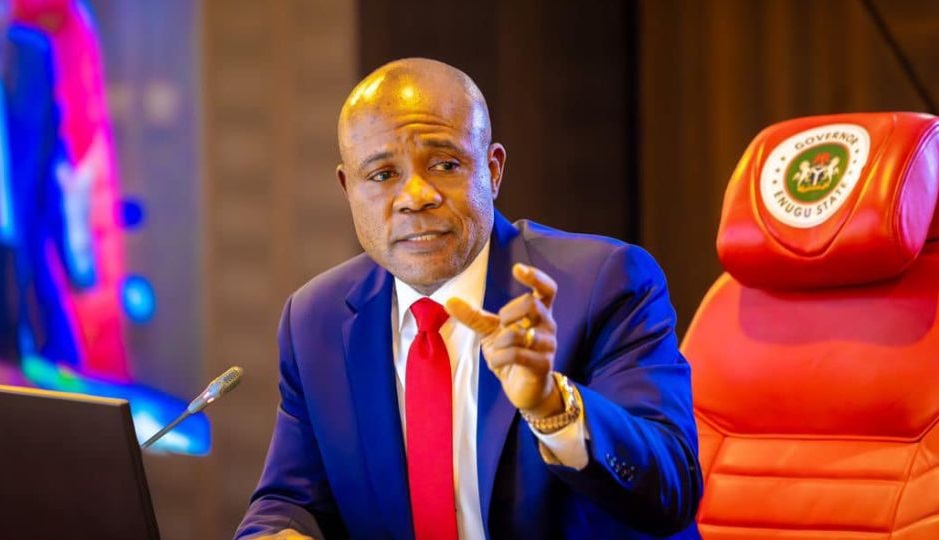Mass Defection Reshapes Enugu’s Political Landscape
Enugu’s political scene has been thrown into turmoil following the mass defection of Governor Peter Mbah, former Governor Ifeanyi Ugwuanyi, and the majority of the Peoples Democratic Party (PDP) leadership to the All Progressives Congress (APC).
According to reports from Premium Times and Vanguard, over 80% of the PDP’s state structure — including commissioners, Local Government chairpersons, ward councillors, and 24 members of the Enugu State House of Assembly — have joined the APC in what analysts are calling a historic political realignment.
Analysts: “Collapse of PDP Structure in Enugu”
The defection, reportedly preceded by weeks of intense consultation and closed-door meetings, is seen by many as a move that could dismantle PDP’s 26-year dominance in Enugu.
Political analysts suggest this could open the South-East for broader APC penetration ahead of the 2027 general elections.
While APC supporters hail the move as “a strategic step toward unity with the federal government,” critics argue it reflects Nigeria’s fragile party ideology and a persistent culture of political survivalism.
Implications for the PDP and the South-East
With Enugu long regarded as a PDP stronghold since 1999, this defection could mark the beginning of a regional shift — potentially influencing neighbouring states such as Abia, Ebonyi, and Anambra.
Observers believe that this event may reshape electoral strategies, influence national appointments, and redefine alliances across southern Nigeria.
Key Questions
- What does this mass defection mean for the future of the PDP in the South-East?
- Is this a sign of genuine political realignment — or just another round of strategic repositioning?
In Summary
The Enugu defection underscores a recurring theme in Nigerian politics: power over ideology, strategy over stability. As Governor Mbah and his allies cross political lines, the rest of Nigeria watches to see whether this is a step toward progress — or a cycle repeating itself.

